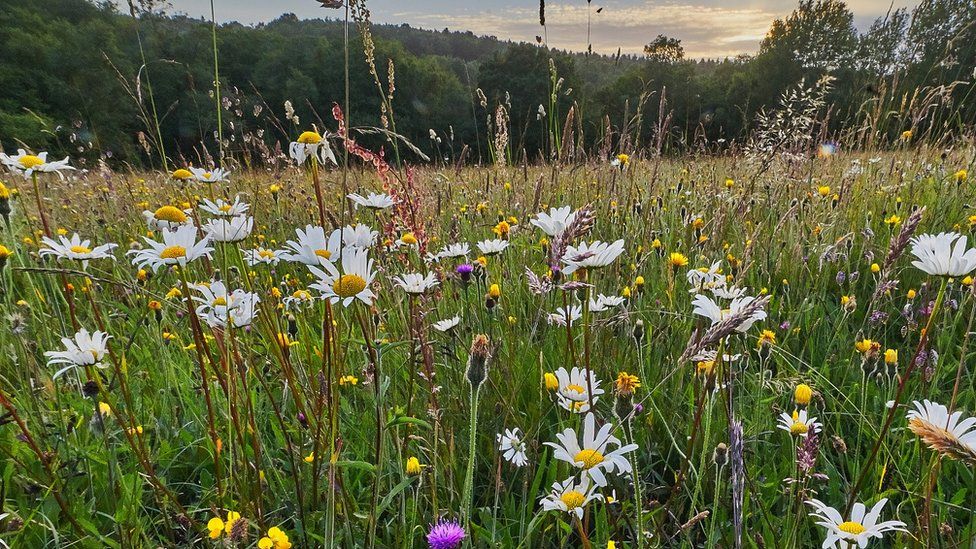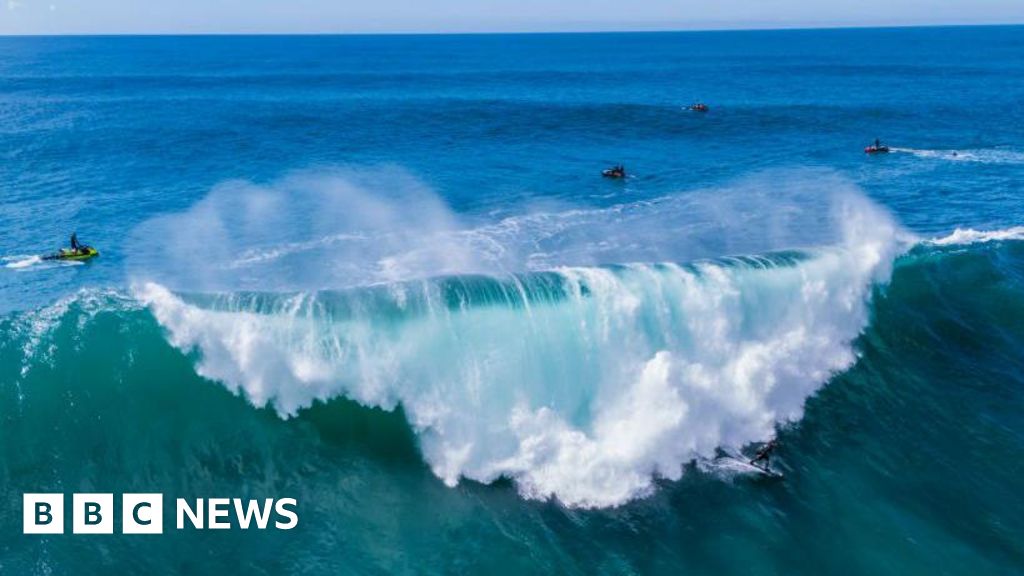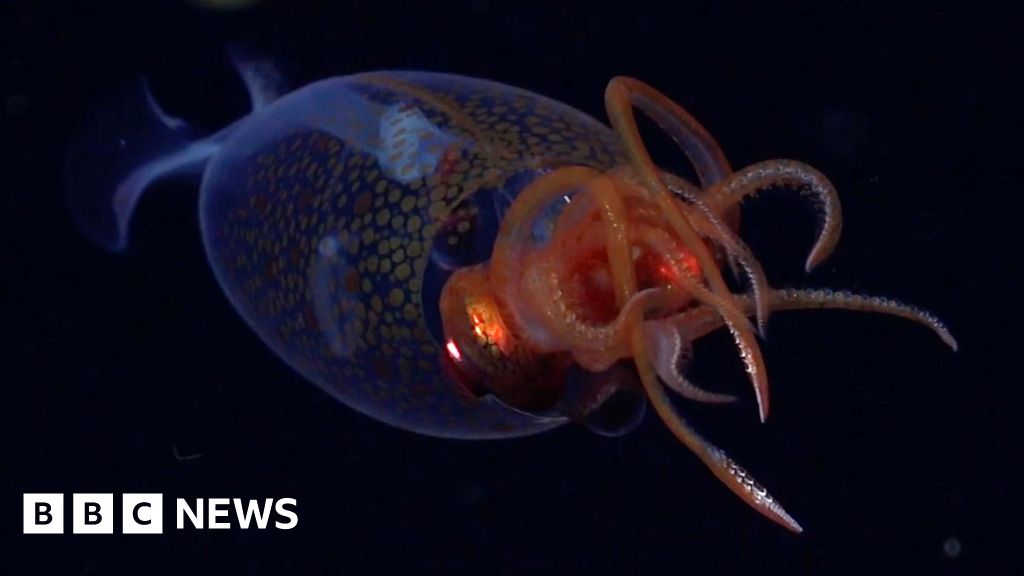ARTICLE AD BOX
 Image source, Getty Images
Image source, Getty Images
Ninety-seven per cent of English wildflower meadows have been lost since the 1930s - they now make up less than 1% of land cover
By Claire Marshall
Rural affairs correspondent, BBC News
Only 3% of the land in England and 8% of the sea is effectively protected for nature, according to a new report.
The government has committed to protecting at least 30% of land and sea by 2030, as part of a global initiative to slow the destruction of the natural world and catastrophic loss of species.
However the study by Wildlife and Countryside Link says that in England "little progress" had been made.
The government said it was committed to meeting the 2030 target.
More than 100 countries around the world have made the pledge - known as 30x30. It is one of the cornerstones of the Post-2020 Global Biodiversity Framework set to be agreed at a major international biodiversity conference - COP15 - in Montreal in December.
Former prime minister Boris Johnson made the commitment with regard to England and said he would also work with the devolved governments to increase the amount they protected.
However, the report by Wildlife and Countryside Link (WCL), the largest environment and wildlife coalition in England, said protection of the land and sea in England had barely increased compared with 2021.
It said the government had designated about 2,800 hectares (6,918 acres) to nature in three new Sites of Special Scientific Interest (SSSI), adding 0.22% to the amount of protected land. It said it also strengthened some management of Marine Protected Areas, but that this had increased the amount of ocean protected by 4% "at most".
WCL chief executive Richard Benwell said: "Our figures show that in the race to halt nature's decline by 2030, the government is limping backwards. At this rate, the government's prospects of effectively protecting 30% of the land and sea for nature by 2030 are vanishing."
Image source, Getty Images
Image caption,Harvest mice populations have suffered from intensive farming destroying the vegetation they need to build nests
The report says that plans for a "fundamental review" of some key EU-derived nature protection laws announced by the government of Prime Minister Liz Truss could damage rather than restore biodiversity.
Mark Lloyd, chief executive officer of The Rivers Trust, described the current rate of protection for land and marine areas as "dismal".
He said: "The government's 30x30 nature target should be a keystone for protecting rivers, the life-giving arteries of our landscape. Sadly though, this report shows that targets mean nothing if they're not underpinned by robust policy and regulation."
Beccy Speight, chief executive of the RSPB, said there had been "next to no progress" and that recent events suggested the UK government might "actually be dismantling the fundamental building blocks needed to achieve this target".
A government spokesperson said: "We are committed to halting the decline of nature by 2030 and will not undermine our obligations to the environment in pursuit of growth.
"A strong environment and a strong economy go hand-in-hand. We have legislated through the Environment Act and will continue to improve our regulations, marine protections and wildlife laws in line with our ambitious vision."

 2 years ago
60
2 years ago
60








 English (US) ·
English (US) ·